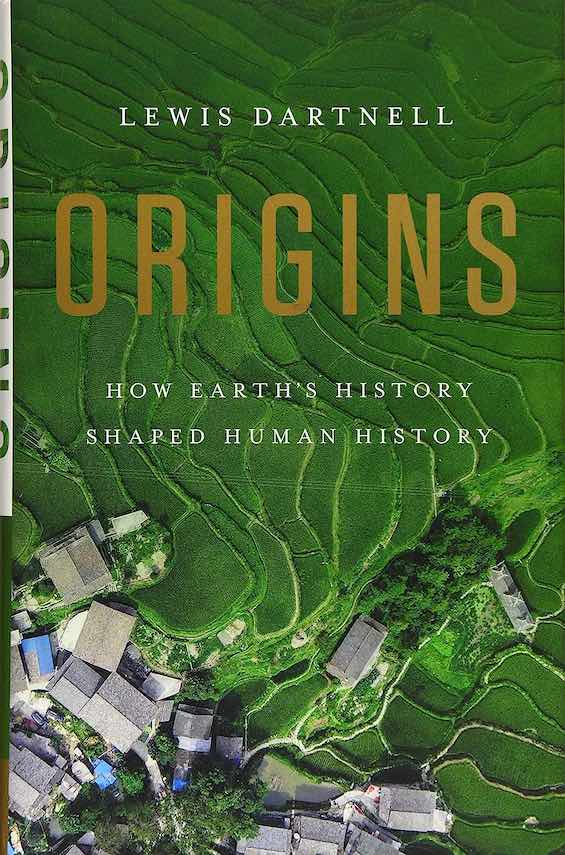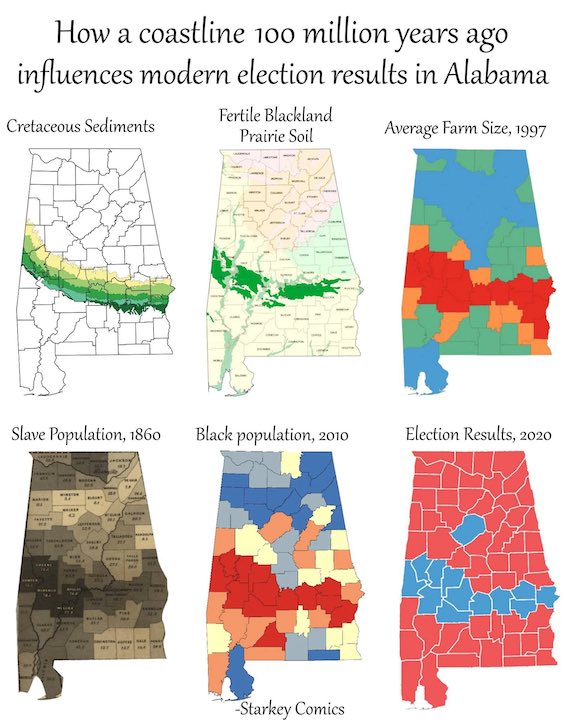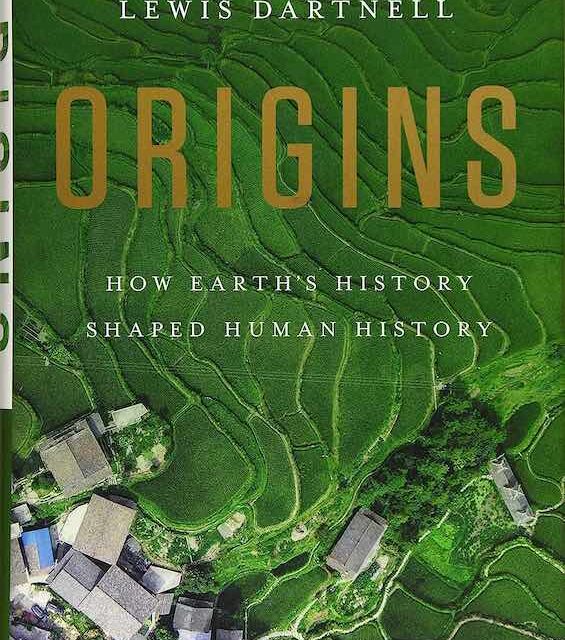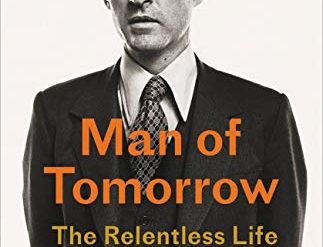
A little more than three decades ago, a British-American historian named David Christian introduced a fresh new approach to history. He was teaching then at Macquarie University in Sydney. There, he introduced the concept of Big History. Merging historical study with insights from physics, astronomy, geoscience, biology, anthropology, and numerous other academic disciplines, he explored human existence in the largest possible context, beginning with the Big Bang. Since then, other scholars have joined the effort, examining the Big Picture of human history from the vantage point of their own specialties. And in 2018, British scientist Lewis Dartnell weighed in with his fascinating book, Origins: How Earth’s History Has Shaped Human History, demonstrating how geological forces have made our lives possible. The book is full of surprising insights.
Estimated reading time: 5 minutes
The monumental forces of geology
Watch the movements of the land in a powerful earthquake or the way the waves suck sand into the ocean on a beach, and you’ll understand how geological forces could so easily reshape the Earth. Over time, the changes on our planet have been truly monumental, from its birth in a cloud of cosmic dust in orbit around the newly born sun to the present configuration of the continents after eons of shifting tectonic forces. Not to mention meteor impacts. Explosive eruptions of super volcanoes. Dramatic climate shifts, from searing heat to miles-thick sheets of ice. Our existence as a species is a glorious accident made possible by an unlikely confluence of cosmic forces. We live our lives on a planet that—temporarily, it seems—is hospitable to us. And in every way imaginable, human civilization is an artifact of the planet that forces far beyond our control have brought into being.
As the author puts it, “grand-scale planetary processes and events created the different landscapes and climate regions that have directed the emergence and development of civilizations throughout history.” And, more than any other single force, plate tectonics has been decisive. “It is the ultimate cause behind our evolution.” Plate tectonics has even, remarkably, affected voting patterns in the United States and Britain, as Dartnell shows with obvious glee.
Origins: How Earth’s History Has Shaped Human History by Lewis Dartnell (2018) 352 pages ★★★★☆

How geological forces have made our lives possible
Take, for example, the food that sustains us. “Our evolution as primates and our development as hunter-gatherers,” Dartnell writes, “depended on the fruit, tubers, and leaves of angiosperm [flowering] plants. And the agriculture we adopted is also almost entirely reliant on angiosperms.” Like the cereals—rice, wheat, corn, oats, barley, sorghum, rye, and millet. Rice alone helps keep more than half the world’s population alive. And, as Jared Diamond had made us aware a quarter-century ago in Guns, Germs, and Steel (though unacknowledged by the author), “the uneven distribution of domesticable plant and animal species around the world, as well as the fundamental orientation of the continents, came to exert a deep influence on the patterns of history.”
Or take the stuff that makes civilization possible. Water, a gift of comets and meteors. Iron, copper, aluminum, manganese, zinc, and all the other metals—delivered to Earth by meteor impacts or thrown up from our planet’s molten center by titanic shifts of magma. Mountains of sand, eroded from rocks by the movement of water. Dartnell brings all these forces alive in Origins.
A methodical survey of the world geology has created
In nine chapters, Dartnell explores the major characteristics of the planet as it has come to be. The shape of the continents and the mountains and planes that distinguish them. The explosion of new life since the extinction of the dinosaurs. The “geography of the seas.” The stone, wood, and sand with which we build. Our sources of energy. Metals in the Earth’s surface. The winds and ocean currents that determine the patterns of trade through the ages. Dartnell is a gifted writer. He turns what could easily be deadly words on a page into approachable and often evocative prose.
About the author

Here is what Lewis Dartnell says about himself on his author website: “I graduated from Oxford University with a First Class degree in Biological Sciences and completed my PhD at University College London in 2007. I now hold the Professorship in Science Communication at the University of Westminster. My research is in the field of astrobiology and the search for microbial life on Mars. I have also held a STFC Science in Society Fellowship and am very active in delivering live events at schools and science festivals, working as a scientific consultant for the media, and have appeared in numerous TV documentaries and radio shows.”
Dartnell adds that he has “won several awards for my science writing and outreach work and regularly freelance for newspapers and magazine articles. I have also published five books: The Knowledge was the Sunday Times ‘New Thinking’ Book of the Year and international bestseller, and Origins: How the Earth Made Us is a Sunday Times top History book of 2019.”
For related reading
This is one of the books I’m including in my post, New perspective on world history.
You might also check out:
- 20 top nonfiction books about history
- Science explained in 10 excellent popular books
- Gaining a global perspective on the world around us
And you can always find my most popular reviews, and the most recent ones, on the Home Page.


























